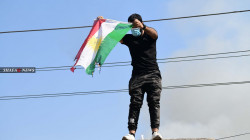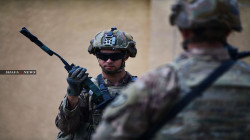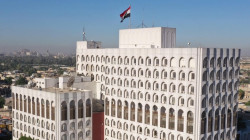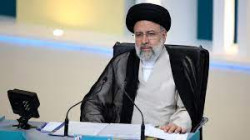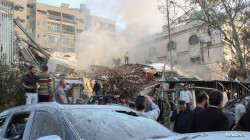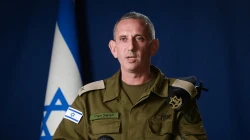Iraqi Foreign Ministry condemns attack on Iranian diplomatic mission in Damascus
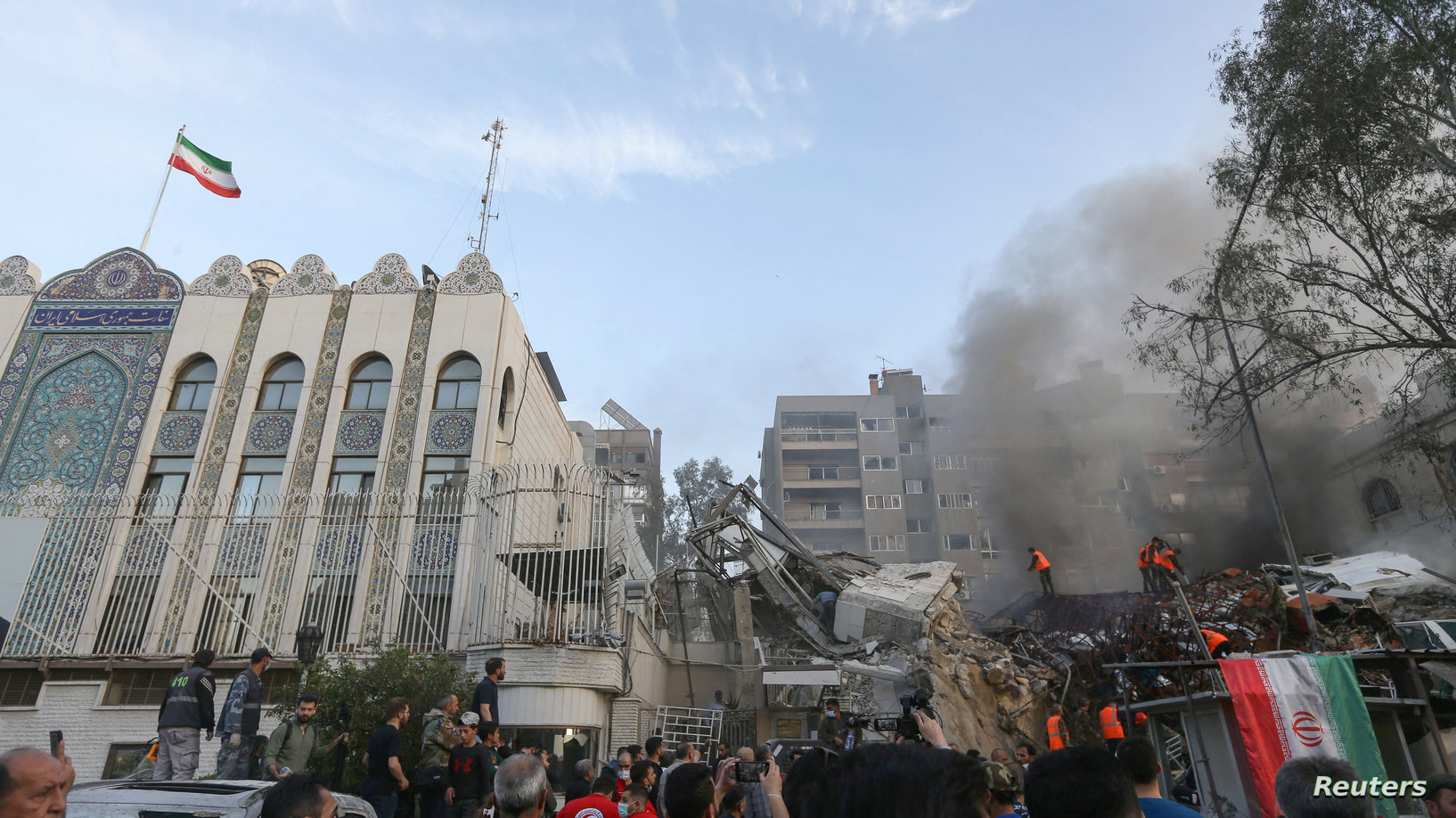
Shafaq News/ On Monday, the Iraqi Ministry of Foreign Affairs condemned the attack on the Iranian diplomatic mission in the Syrian capital, Damascus.
According to the statement, the Iraqi Foreign Ministry expressed "condemnation of the targeting of the Iranian diplomatic mission in the Syrian capital, Damascus," adding that "this attack represents a clear and flagrant violation of international law and Syrian sovereignty, warning of the danger of compromising the security of diplomatic missions that have diplomatic immunity under international law."
The Iraqi statement also noted that "the expansion of violence in the region will lead to further chaos and instability."
The Foreign Ministry called on the international community to "take urgent action to halt the killing and destruction in Gaza and the ongoing targeting of Syrian territory."
The Israeli strike on the Iranian consulate building in Damascus, Syria, resulted in the death of at least five individuals, including Senior Revolutionary Guards commander Brig-Gen Mohammad Reza Zahedi, as reported by Iranian state TV.
The attack occurred on Monday around 17:00 local time (14:00 GMT), with Israeli aircraft targeting the consulate building from the direction of the occupied Golan Heights, according to Syria's defense ministry.
While some of the missiles launched by Syrian air defenses were intercepted, others breached through and caused significant damage, "destroying the entire building and resulting in casualties among those inside," the ministry stated.
Photos and videos from the scene depicted smoke and debris rising from the collapsed structure, with emergency services present. Notably, the nearby Iranian embassy appeared largely unaffected.
Brig-Gen Zahedi, identified as a senior commander of the Revolutionary Guards' Quds Force, was among the fatalities, according to Iranian state TV and the semi-official Tasnim news agency. His aide, Mohammad Hadi Haji-Rahimi, was also killed in the strike, as reported by Tasnim.
The UK-based Syrian Observatory for Human Rights reported eight casualties, including a high-ranking Quds Force leader, two Iranian advisers, and five Revolutionary Guards members.
Iranian Foreign Minister Hossein Amir-Abdollahian, in a telephone conversation with Syrian Foreign Minister Faisal Mekdad, emphasized the need for a robust international response, attributing the consequences of the strike to the "Zionist regime."
The spokesperson for the Iranian Ministry of Foreign Affairs, Nasser Kanani, affirmed that "Iran reserves its right to take retaliatory actions against the Israeli attack on its consulate in Damascus."
Official media quoted the spokesperson as saying, "Tehran will determine the type of response and punishment against the aggressor."
This attack follows previous suspected Israeli strikes in Damascus and Aleppo, which resulted in the death of dozens, including Syrian soldiers and members of Iran-backed groups, mainly Hezbollah.
Notably, Israel has conducted previous attacks on Aleppo and the Syrian capital, Damascus, even before the outbreak of the October 7 war, citing concerns that Iran and its proxies might utilize Syria as "a base for aggression" against it.
The recent attacks appeared to be a "pressure tactic," primarily against Hezbollah in Lebanon.
Israel's actual nightmare, Hezbollah, is one of the most powerful paramilitary forces in the Middle East that has been deeply involved in intense, near-daily cross-border fighting with Israel since October 7, marking the most significant escalation since the 2006 war.
So far, approximately 250 Hezbollah members have been killed in Israeli attacks in southern Lebanon. Conversely, the group has targeted Israel with heavy missiles, resulting in the deaths of soldiers and the destruction of hundreds of military telecommunication towers.
